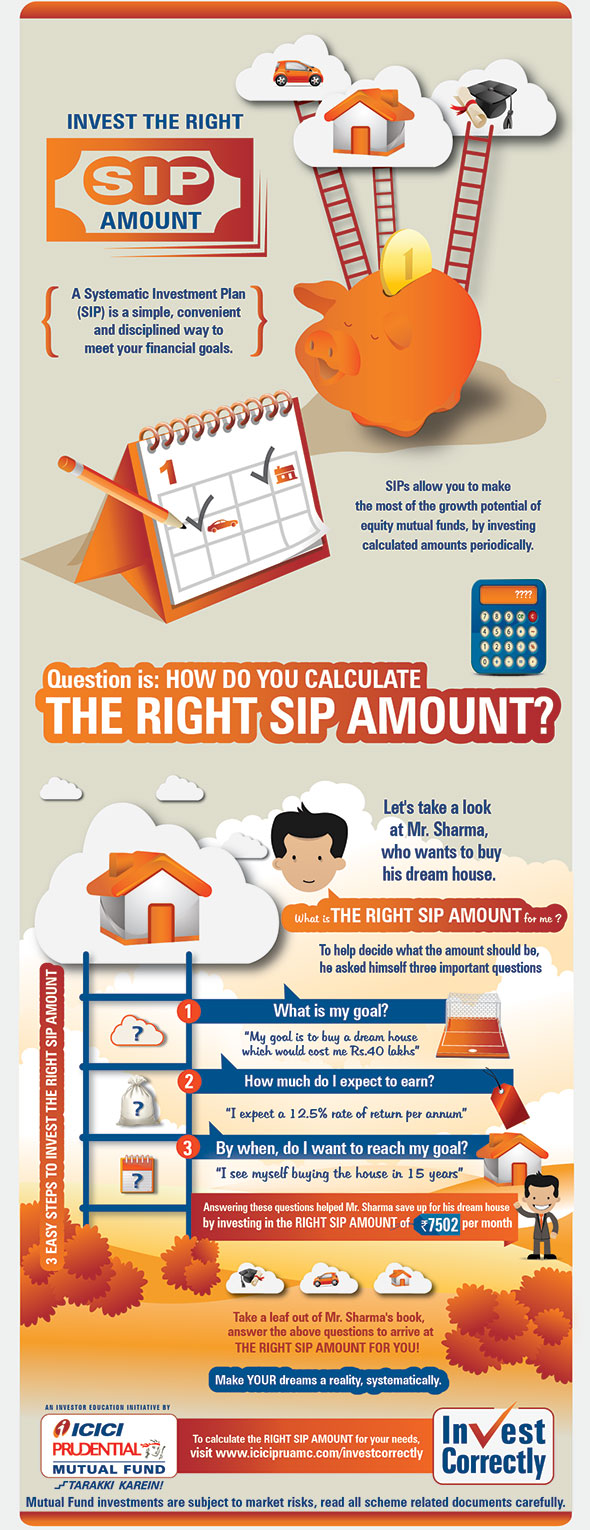The Repercussions Of Failing To Meet Efficiency Bond Commitments
The Repercussions Of Failing To Meet Efficiency Bond Commitments
Blog Article
Developed By-
When a guaranty issues a performance bond, it assures that the principal (the party that buys the bond) will certainly satisfy their responsibilities under the bond's terms. If the primary falls short to fulfill these responsibilities and defaults on the bond, the guaranty is in charge of covering any losses or problems that result.
1. Loss of reputation: Defaulting on a performance bond can damage the principal's credibility and reliability, making it harder to secure future service or funding.
2. Legal and administrative costs: The surety may require to pay lawful and administrative expenses associated with pursuing the principal for damages or attempting to remedy the situation.
3. Monetary losses: The guaranty might need to cover the price of finishing the project or supplying the solutions that the principal fell short to supply. This can lead to significant financial losses for the guaranty.
4. Boosted costs: If the principal has a background of defaulting on efficiency bonds, they may be needed to pay greater costs in the future to get the required bonding.
Overall, defaulting on an efficiency bond can have significant economic consequences for both the principal and the guaranty. It is necessary for principals to thoroughly consider their responsibilities and ensure they have the ability to meet the regards to the bond to prevent these negative outcomes.
Back- vehicle surety bond can be an expensive misstep for companies. When you fail to satisfy the bond's obligations, the financial consequences can be substantial. From paying the complete bond amount to prospective lawful fights and damaged connections, the repercussions can resound throughout your company procedures. Comprehending the intricate internet of economic effects that back-pedaling a performance bond can have is essential for guarding your business's monetary health and wellness and online reputation.
Financial Penalties for Defaulting
If you back-pedal an efficiency bond, you'll likely face substantial punitive damages. These penalties can differ depending upon the terms of the bond arrangement yet frequently entail paying the bond quantity completely to the obligee. This indicates that if you fall short to satisfy your legal responsibilities, you need to pay the bond amount to the project proprietor or the entity that called for the bond.
Additionally, https://howtoopenonlinebusiness28495.slypage.com/34420635/discovering-the-surprise-expertise-behind-flourishing-surety-bonding-firms may likewise be in charge of any added expenses incurred by the obligee as a result of your default, such as locating a substitute service provider or covering task delays.
Defaulting on a performance bond can additionally result in legal charges and court costs if the obligee makes a decision to take lawsuit versus you to recuperate the bond amount. These costs can swiftly accumulate, additional aggravating the financial impact of your default. It's necessary to carefully evaluate and comprehend the terms of the performance bond to stay clear of these extreme punitive damages.
Influence On Organization Cash Flow
Defaulting on an efficiency bond can considerably influence your company capital, influencing monetary stability and operational capacities. When you back-pedal a performance bond, you risk shedding the bond amount, which can be a considerable sum. This loss directly affects your cash flow, as you'll need to locate alternative sources of funding to cover the bond quantity. Moreover, skipping can lead to boosted analysis from sureties, making it tougher and more expensive to secure bonds in the future. This can even more stress your cash flow as you might require to designate extra resources to satisfy bonding requirements.
The effect on your cash flow doesn't stop there. Defaulting on a performance bond can also lead to job delays or terminations, bring about a loss of income. Additionally, the unfavorable reputation that comes with failing can hinder possible clients, better decreasing your cash flow. In general, defaulting on a performance bond can have damaging impacts on your company's monetary health and capability to run smoothly.
Legal Implications and Suits
Encountering legal implications and potential claims as a result of back-pedaling a performance bond can significantly impact your company's track record and financial standing. When you default on a performance bond, the guaranty firm may take lawsuit to recoup the bond amount paid out. This might result in expensive lawful costs, court expenditures, and possible settlements or judgments against your business.
Moreover, back-pedaling a performance bond may bring about damaged connections with customers, subcontractors, and providers, impacting your capability to protect future agreements. Legal actions occurring from bond defaults can taint your organization's credibility in the industry, making it testing to draw in new partners or clients.
Furthermore, if the default leads to a court judgment against your organization, it can lead to property seizure or liens, further straining your economic security. For mouse click the following internet site , it's important to recognize the legal ramifications of defaulting on an efficiency bond and take aggressive actions to mitigate the threats involved.
Conclusion
As you encounter the effects of defaulting on a performance bond, remember this: it's like strolling a tightrope without a safeguard. One incorrect step can send you plummeting into a financial freefall, without any way to quit the loss.
definition of performance bond , cash flow impact, and lawful implications are all waiting to catch you if you slip up. So walk meticulously, and constantly recognize your commitments to avoid the harsh repercussions of default.
